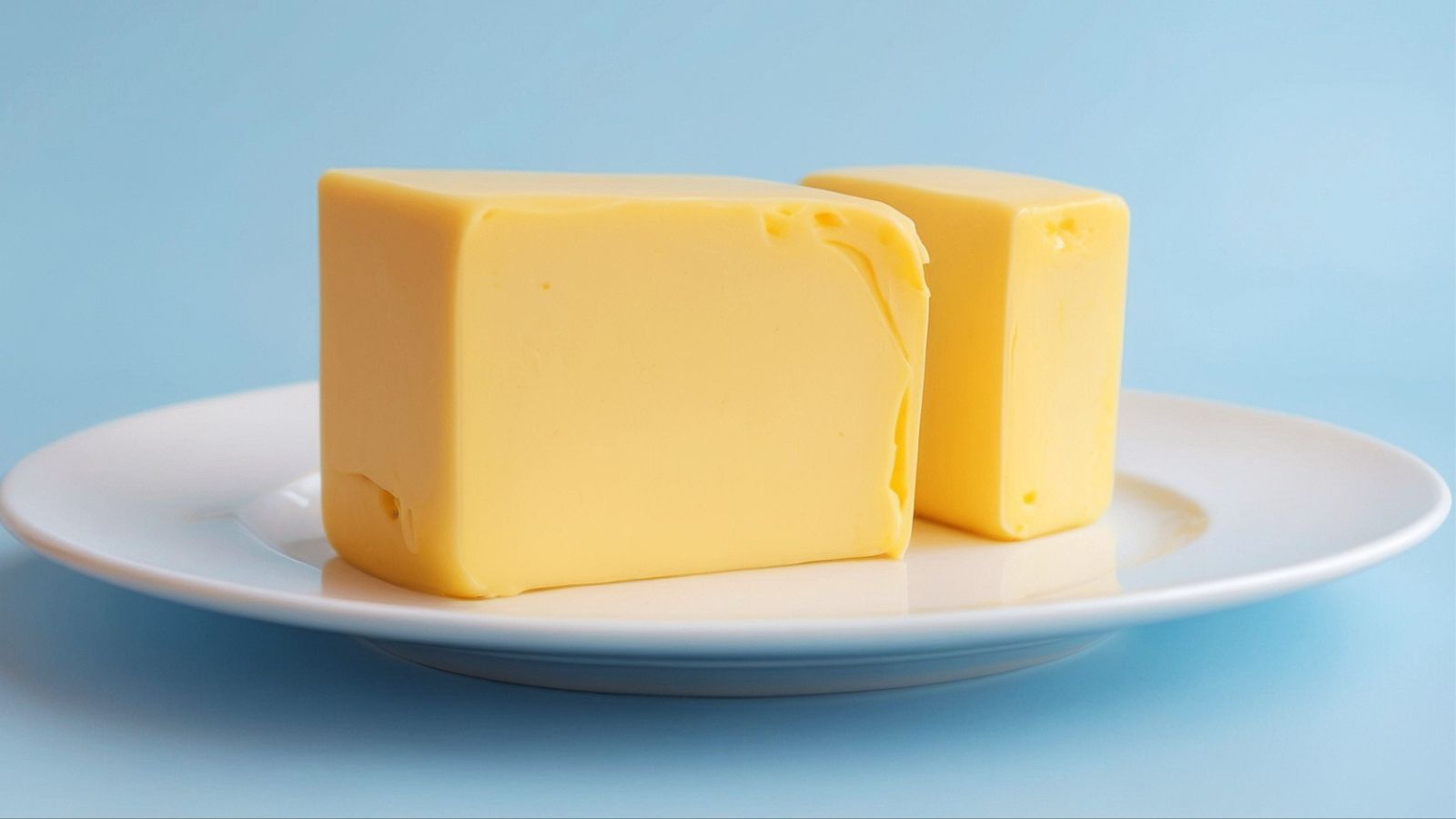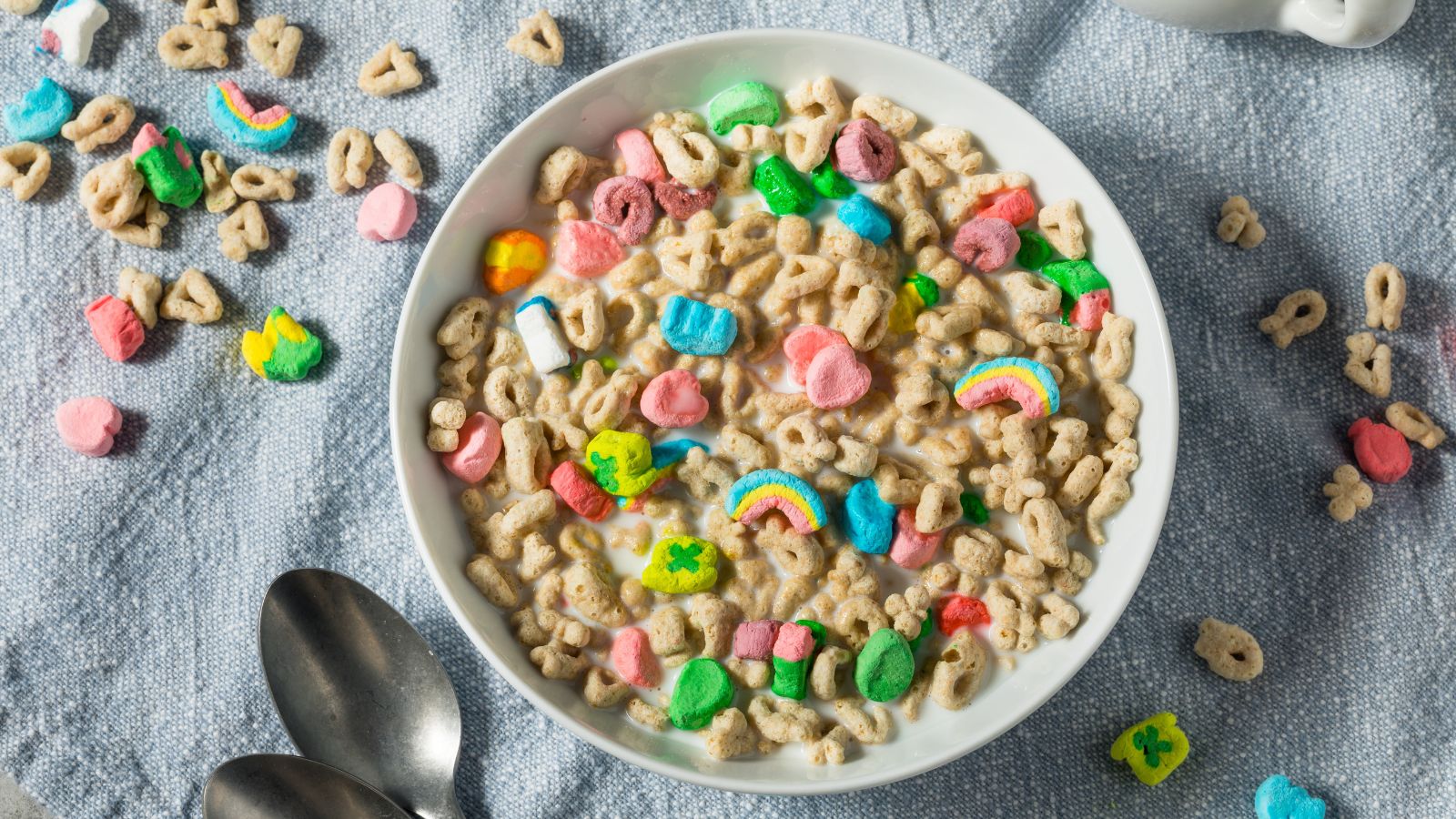As we get older, our nutritional requirements and sensitivities evolve. Some foods that were previously benign can begin to have adverse effects on our health, particularly after the age of 40. Here are 14 commonly consumed foods that may be covertly impairing your health, along with suggestions for healthier alternatives.
Sugary Drinks

Ditch the sugary drinks! They pack on empty calories and up your risk of weight gain and type 2 diabetes. Making the switch to healthier alternatives such as water, herbal teas, or sparkling water with a touch of fresh lemon not only helps in reducing sugar intake but also provides essential hydration without the negative health impacts associated with sugary beverages.
Processed Meats

Processed meats are often laden with high amounts of sodium and preservatives, which have been linked to an increased risk of developing heart disease and certain types of cancer. Instead, consider choosing lean, unprocessed meats like chicken or turkey, or explore plant-based protein options as a healthier alternative.
Refined Carbs

Refined carbohydrates, such as white bread and pastries, have the potential to cause rapid spikes in blood sugar levels and can contribute to weight gain. Opt for healthier whole grains like quinoa, brown rice, and whole wheat bread as they provide more nutrients and fiber, offering a better option for overall health.
Fried Foods

Fried foods are often rich in unhealthy fats, which can significantly contribute to the risk of heart disease and other health issues. Opt for healthier cooking methods such as baking, grilling, or steaming your foods, as they provide a much healthier alternative without compromising on flavor.
High-Sodium Foods

Consuming foods high in sodium can lead to the development of high blood pressure and increase the risk of cardiovascular problems such as heart disease and stroke. To reduce your sodium intake, consider using a variety of herbs and spices to flavor your food instead of relying on salt.
Alcohol

Consuming alcohol in excess can have detrimental effects on liver health and significantly increase the risk of developing various types of cancer. Choosing to limit alcohol intake and opting for non-alcoholic alternatives when available can contribute to better overall health.
Artificial Sweeteners

Artificial sweeteners have been associated with potentially disrupting metabolism and increasing cravings for sweet foods. Consider using natural sweeteners such as honey or maple syrup in moderation as a swap for artificial sweeteners.
Trans Fats

Trans fats, commonly found in many baked goods and margarine, can elevate bad cholesterol levels, increasing the risk of heart disease. Opt for products labeled “trans-fat-free” and use healthy fats like olive oil or avocado.
High-Fat Dairy Products

Dairy products that are high in fat content can be a contributing factor to weight gain and can elevate the risk of heart disease. Instead of opting for high-fat dairy options, consider choosing low-fat or fat-free dairy alternatives for a healthier choice.
Canned Soups

Canned soups are frequently packed with high levels of sodium, which can have a significant impact on blood pressure. A better alternative is to prepare homemade soups using fresh ingredients and low-sodium broth to enjoy a healthier, flavorful option.
Energy Drinks

Energy drinks, due to their high caffeine and sugar content, have the potential to lead to heart issues and disrupt sleep patterns. For a healthier energy source, consider switching to water or natural fruit juices as better alternatives.
Fast Food

Fast food is typically high in unhealthy fats, sodium, and calories, which can negatively impact health. Consider preparing homemade meals using fresh ingredients to have better control over the nutritional content of your food.
Packaged Snacks

Packaged snacks are often laden with unhealthy fats, sugars, and preservatives, which can have detrimental effects on health. For a more wholesome choice, opt for healthier snack options such as fresh fruits, nuts, or yogurt.
Sugary Cereals

Sugary cereals are high in sugar and low in essential nutrients, which can contribute to weight gain and poor nutrition. Opt for whole grain cereals with low sugar content, or choose oatmeal as a healthier breakfast option.
Conclusion

Maintaining a balanced diet rich in whole foods such as fruits, vegetables, lean proteins, and whole grains is vital for good health, particularly as we age. By making these simple swaps, you can enhance your overall health and well-being after the age of 40.
18 Reasons Why People Are Leaving Florida in Masses

Exploring factors that impact the desirability of living in Florida, this list delves into various challenges shaping residents’ experiences. From environmental concerns like rising sea levels to economic factors such as fluctuating job markets, these issues collectively contribute to a nuanced understanding of the state’s appeal.
18 Reasons Why People Are Leaving Florida in Masses
